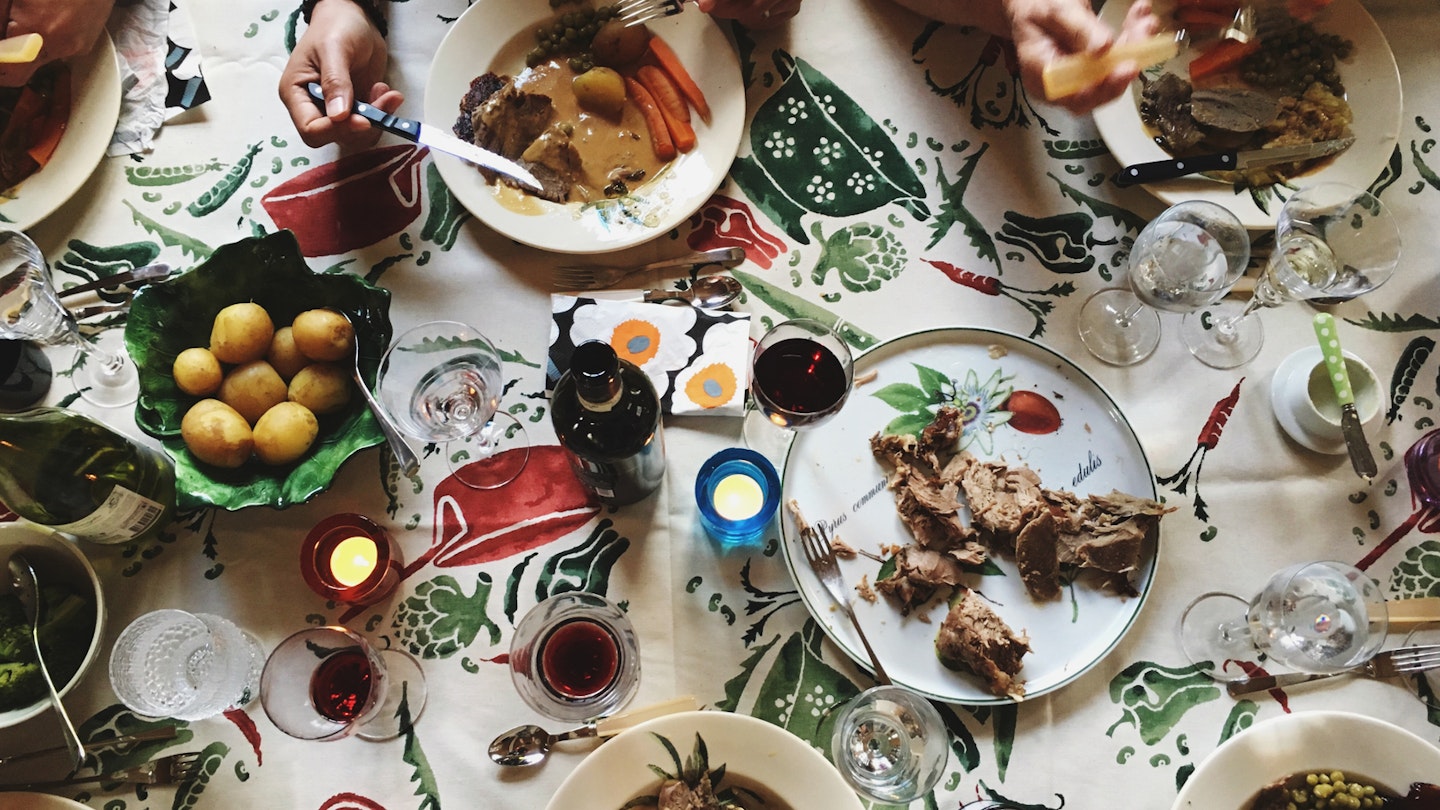Culinary Delights of Iceland: A Taste Adventure
Iceland is famous for many things: blue lagoons, gushing geysers, volcanic landscapes, and the Northern Lights. However, its food scene may not be as well-known.
You might have heard of Iceland’s creamy yogurt, skyr, which is sold internationally these days. Icelanders have a legendary appetite for lamb and seafood, along with the infamous fermented shark dish, hákarl, which the late chef Antony Bourdain called “the single worst, most disgusting and terrible-tasting thing” he ever tasted. Despite its notorious reputation, there is a smorgasbord of delicious Icelandic foods to try.
Today, Iceland’s culinary scene is being redefined by a new generation of chefs who are embracing the ‘New Nordic’ movement. They are dedicated to using fresh, local ingredients to create gourmet experiences. From farm-fresh vegetables to bountiful seafood, flavorful cheeses, and rustic lava bread, Iceland offers much for the gourmet traveler. Although, it is important to note that dining in Iceland can be quite expensive.
The unusual cuisine of Iceland is shaped by its unique environment. Sparse soil, limited vegetation, and harsh winters pose challenges for growing food. Traditionally, Icelanders relied heavily on sheep, fish, and seabirds, utilizing every part of the animal to avoid starvation. Fresh or dried, salted, smoked, pickled, or even buried underground, various methods of preparation ensured food lasted through difficult times.
Today, chefs and food producers in Iceland are rediscovering traditional recipes and techniques, reinterpreting them for a modern palate. The capital, Reykjavik, has emerged as the hub of Iceland’s culinary scene, boasting excellent restaurants across the island. Here, seafood lovers will find themselves in culinary paradise.
Skyr
This rich, creamy dish is often compared to yogurt, but technically it’s classified as cheese. In Iceland, skyr is consumed for breakfast, in drinks and smoothies, and as a dessert ingredient in cheesecakes and crèmes brûlées. The classic way to enjoy it is by sweetening it with sugar or honey and adding fresh berries.
Hangikjöt
Meaning ‘hung meat,’ this lamb is typically smoked over sheep dung and served in thin slices, a unique Icelandic delicacy resembling carpaccio.
Harðfiskur
Brittle pieces of wind-dried haddock, similar to fish jerky, are a popular snack often eaten with butter. You can find harðfiskur at supermarkets and local food markets.
Pylsur
Icelandic hot dogs made with lamb, beef, and pork are topped with raw and deep-fried onions, ketchup, mustard, and tangy remoulade. These hot dogs are a quintessential late-night snack in Reykjavik.
Licorice
Like many Nordic nations, Iceland has a unique penchant for licorice, available in salty, sweet, and chocolate-covered varieties. For an interesting flavor combination, try donuts infused with salt licorice and chocolate.
Rúgbrauð
This dense, dark rye bread, particularly the hverabrauð baked underground using geothermal heat, is a must-try when in Iceland.
Fiskisúpa
This hearty fish soup is a coastal specialty, commonly found in seafood restaurants along the coast, providing a delicious and warming experience.
Humar (Langoustine)
A real treat, these are what locals refer to as ‘lobster.’ In Southeast Iceland, during the lobster festival, you can enjoy this delicacy grilled and topped with butter.
Lamb
Iceland’s beloved lamb is found on many restaurant menus, best enjoyed when simply prepared, whether grilled or roasted.
Brennivín
This traditional schnapps made from fermented potatoes and flavored with caraway seeds is known for its potent nature, boasting the nickname svarti dauði (black death).
Vegetarians and Vegans
While Icelanders love their meat, dairy, and seafood, vegetarians and vegans will need to explore creative options. Reykjavik has a selection of meat-free cafes, while some rural restaurants may offer limited vegetarian choices.
Foods Worth Trying
- Svið: Singed sheep’s head, boiled, and served fresh or pickled.
- Sviðasulta: Head cheese made from sheep bits pressed into gelatinous loaves.
- Slátur: Liver sausage made from sheep intestines, liver, and lard.
- Súrsaðir hrútspungar: Rams’ testicles pickled in whey.
- Hákarl: Fermented Greenland shark, notorious for its strong smell and acquired taste.
A Year in Food
Culinary events throughout the year celebrate Iceland’s food culture, including the Viking-themed Þorrablót in January to February and the annual lobster festival in Hófn.
Overall, Iceland’s culinary landscape stands as a testament to its rich cultural heritage, embracing both tradition and innovation. If you are looking to explore mouthwatering Icelandic dishes, you are in for a delightful experience!




